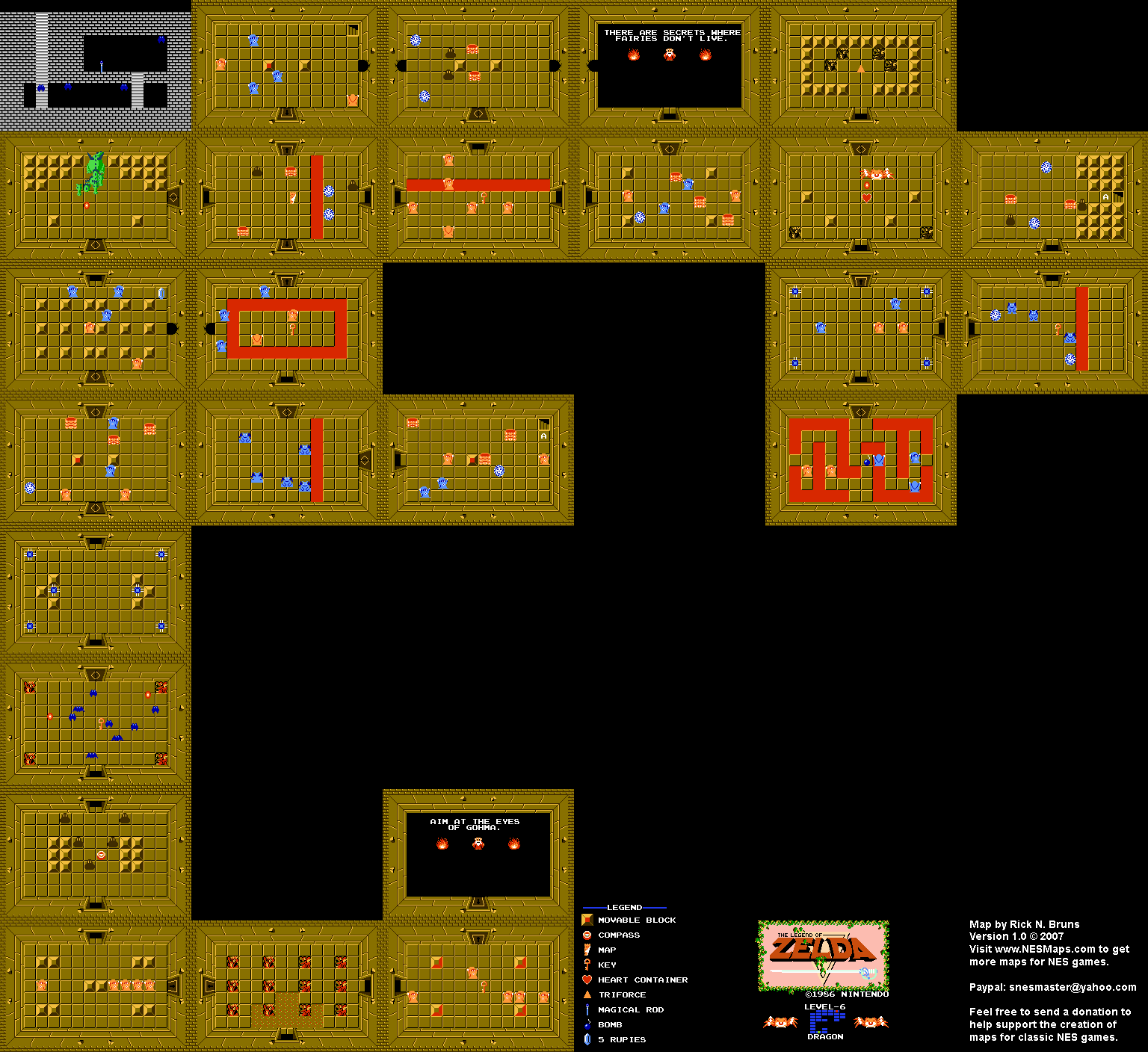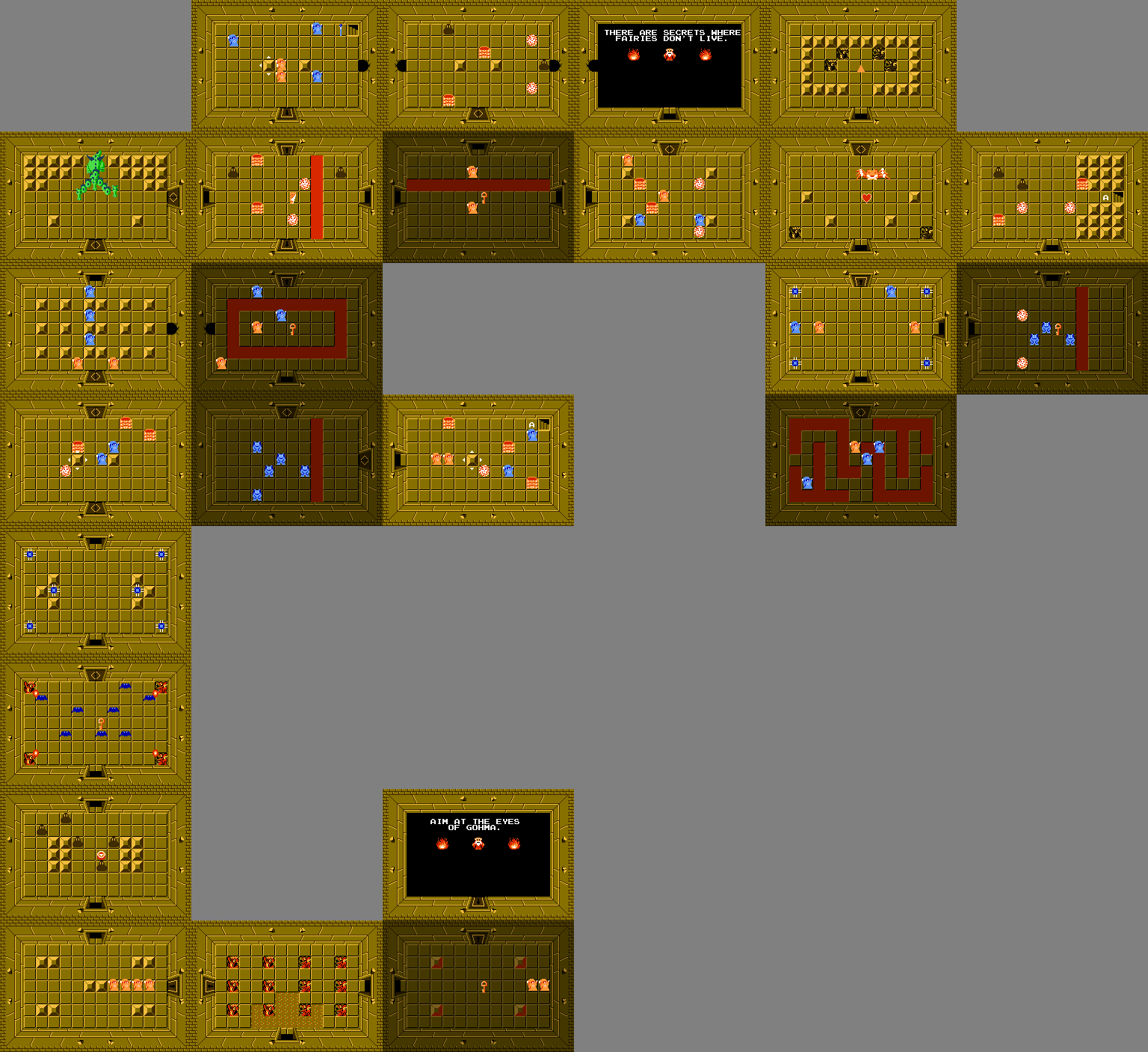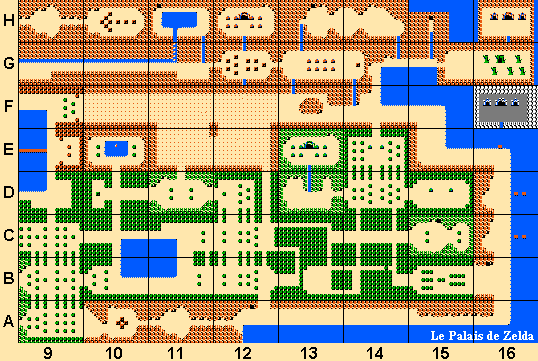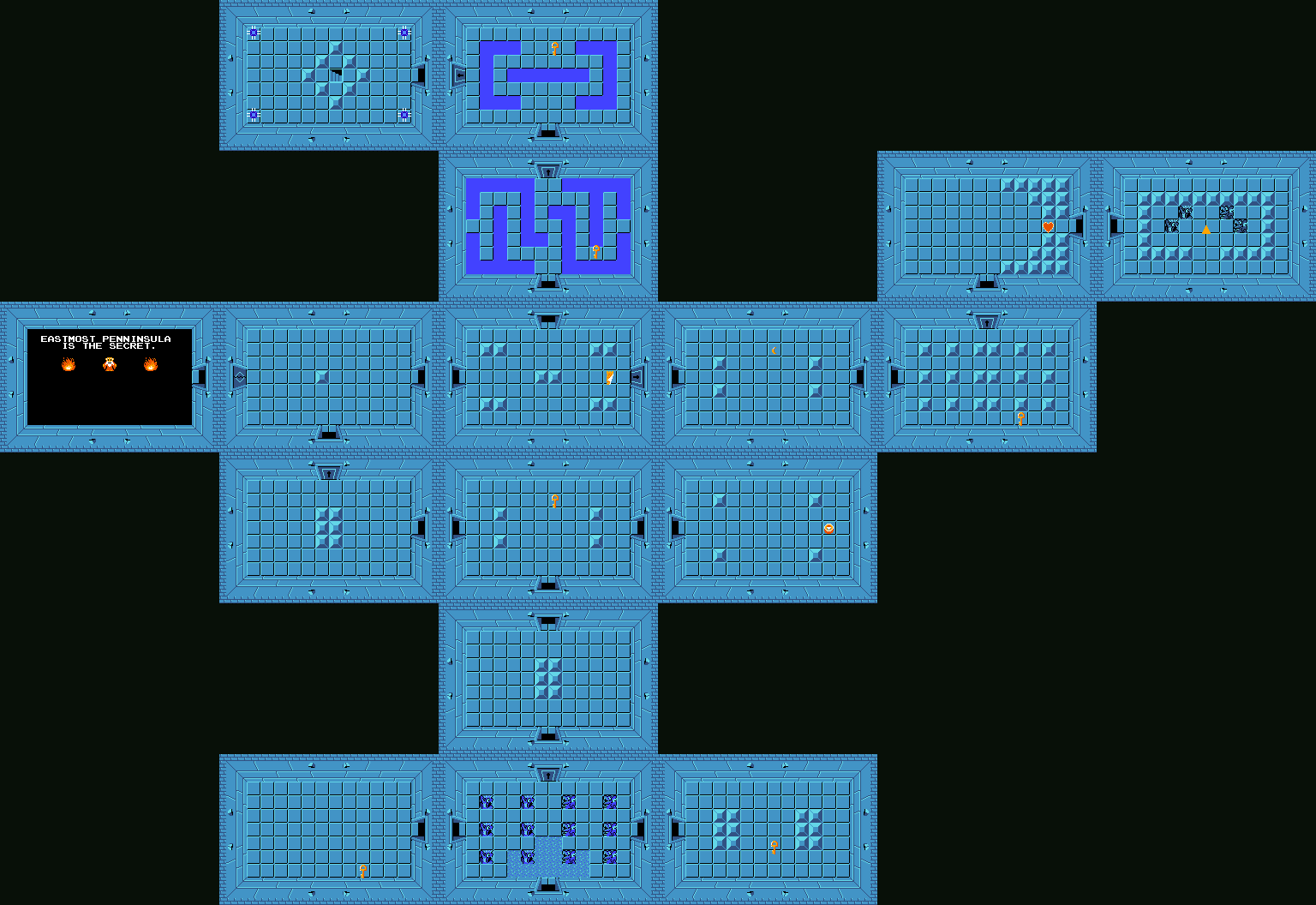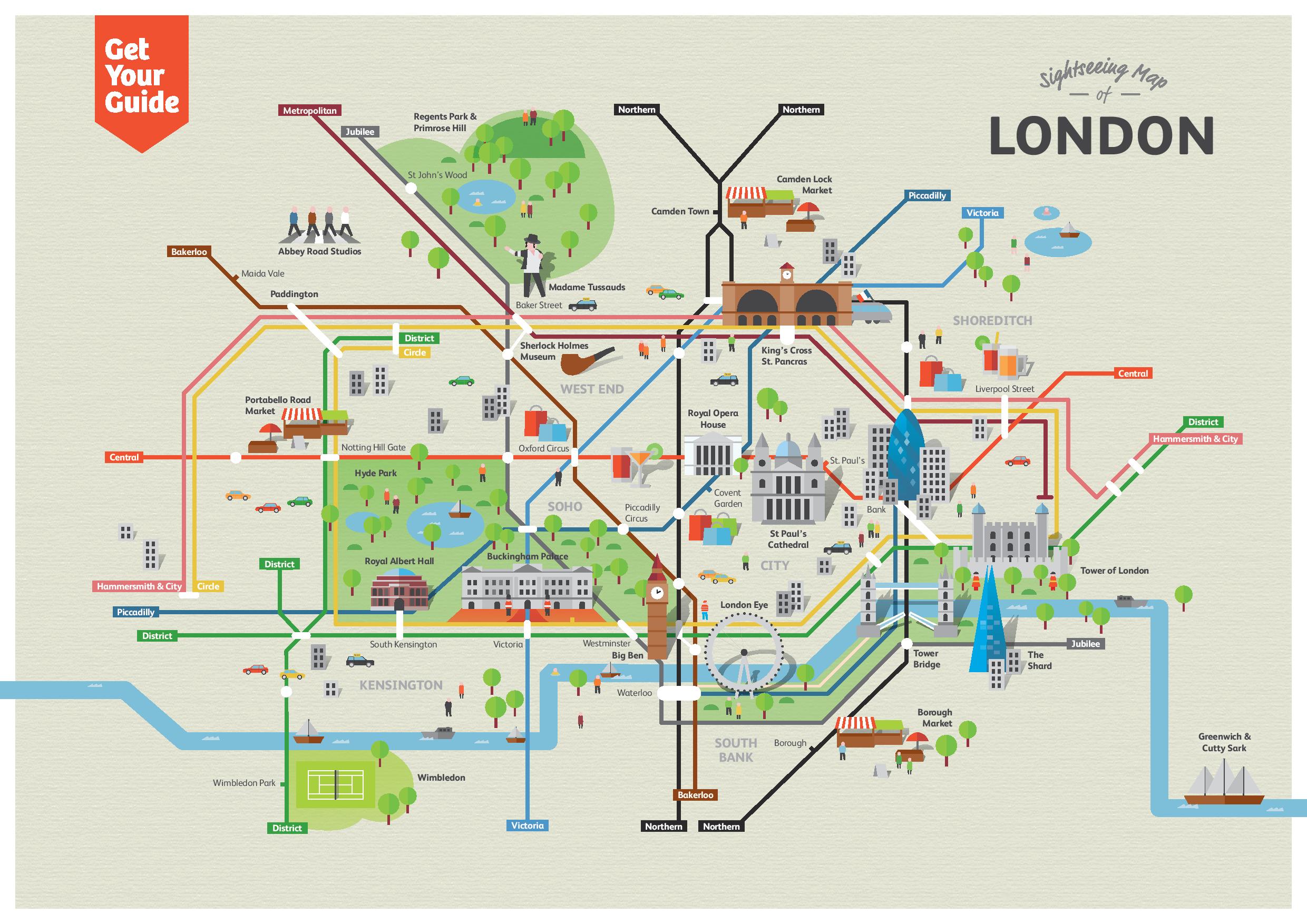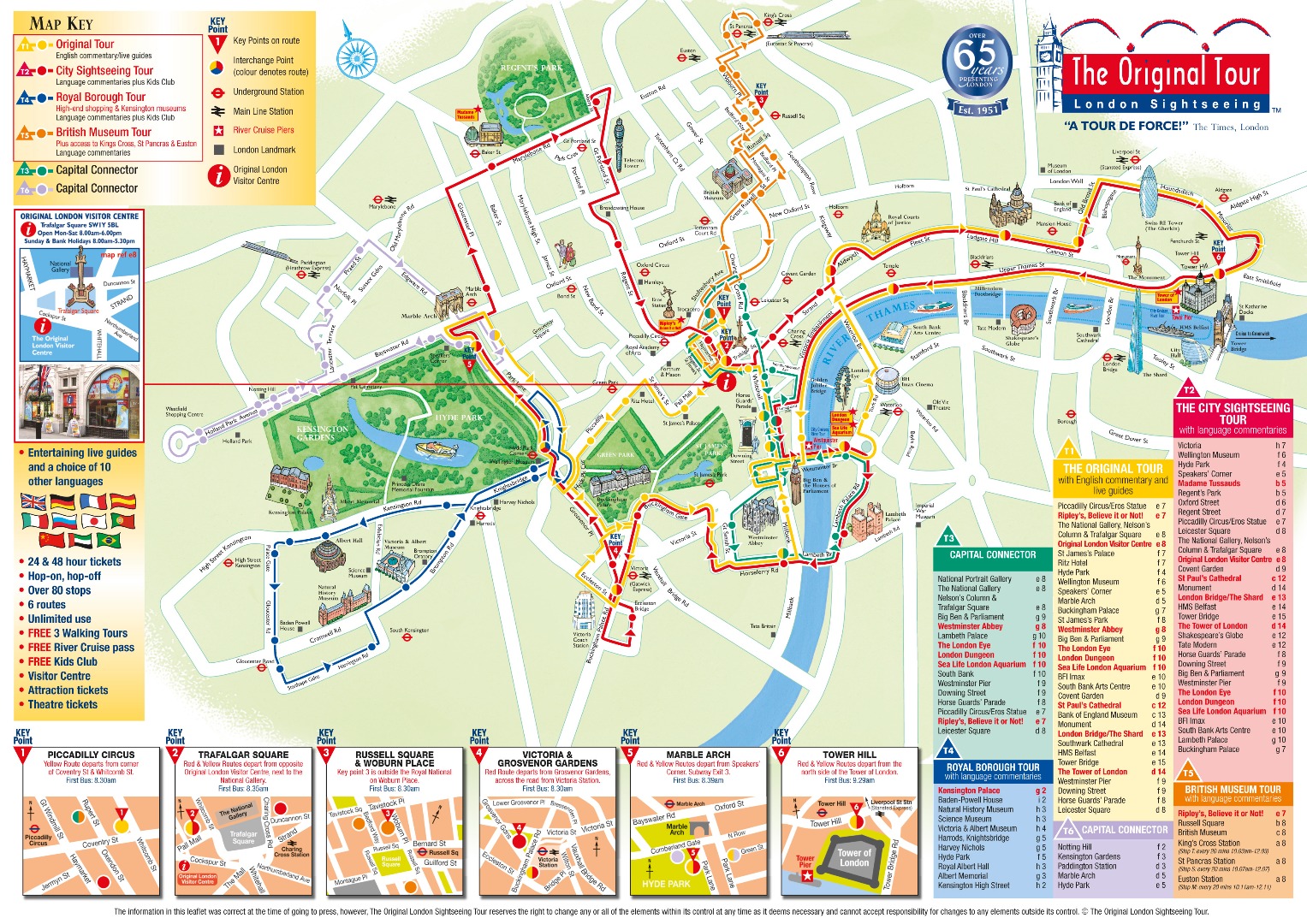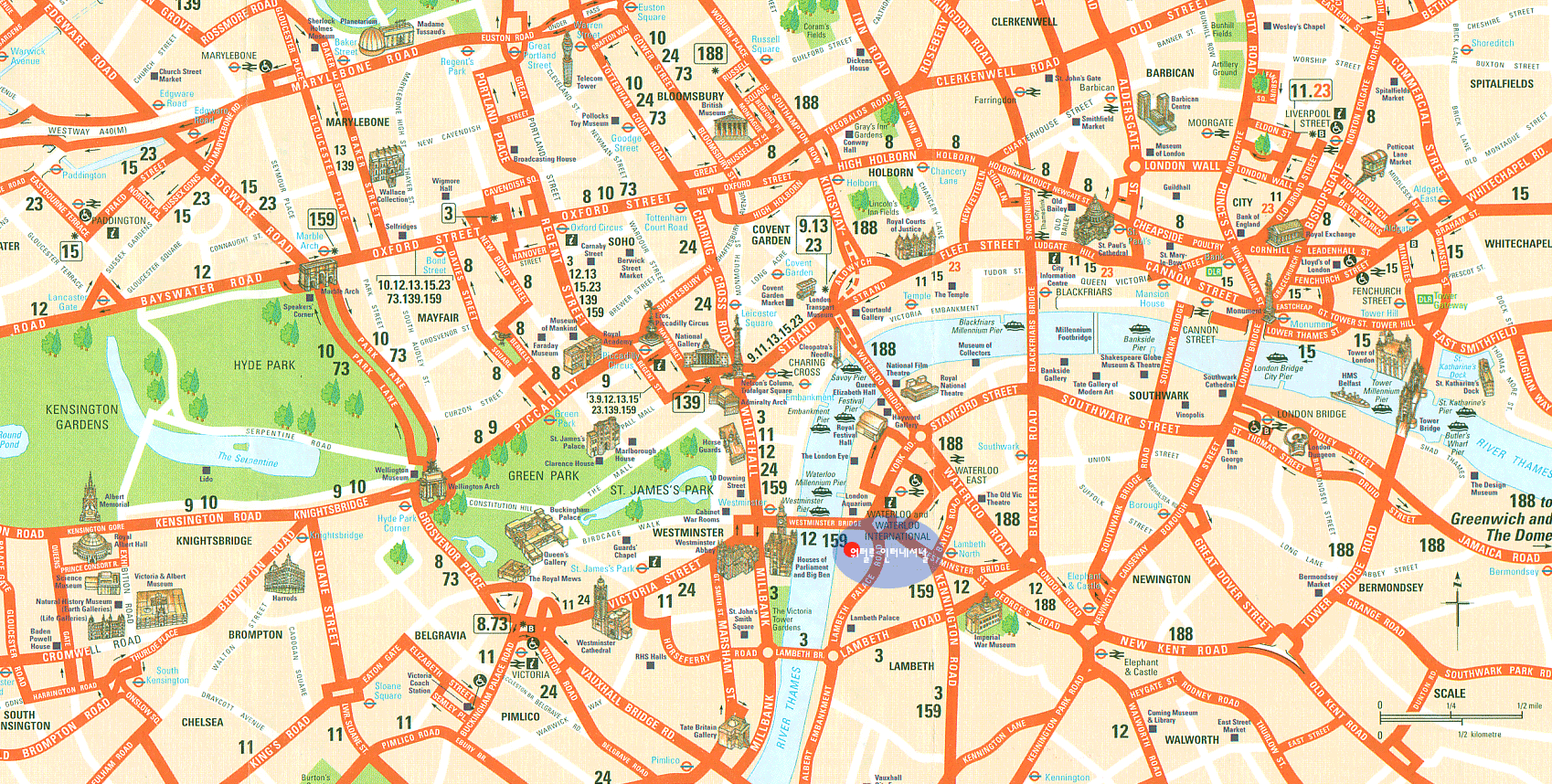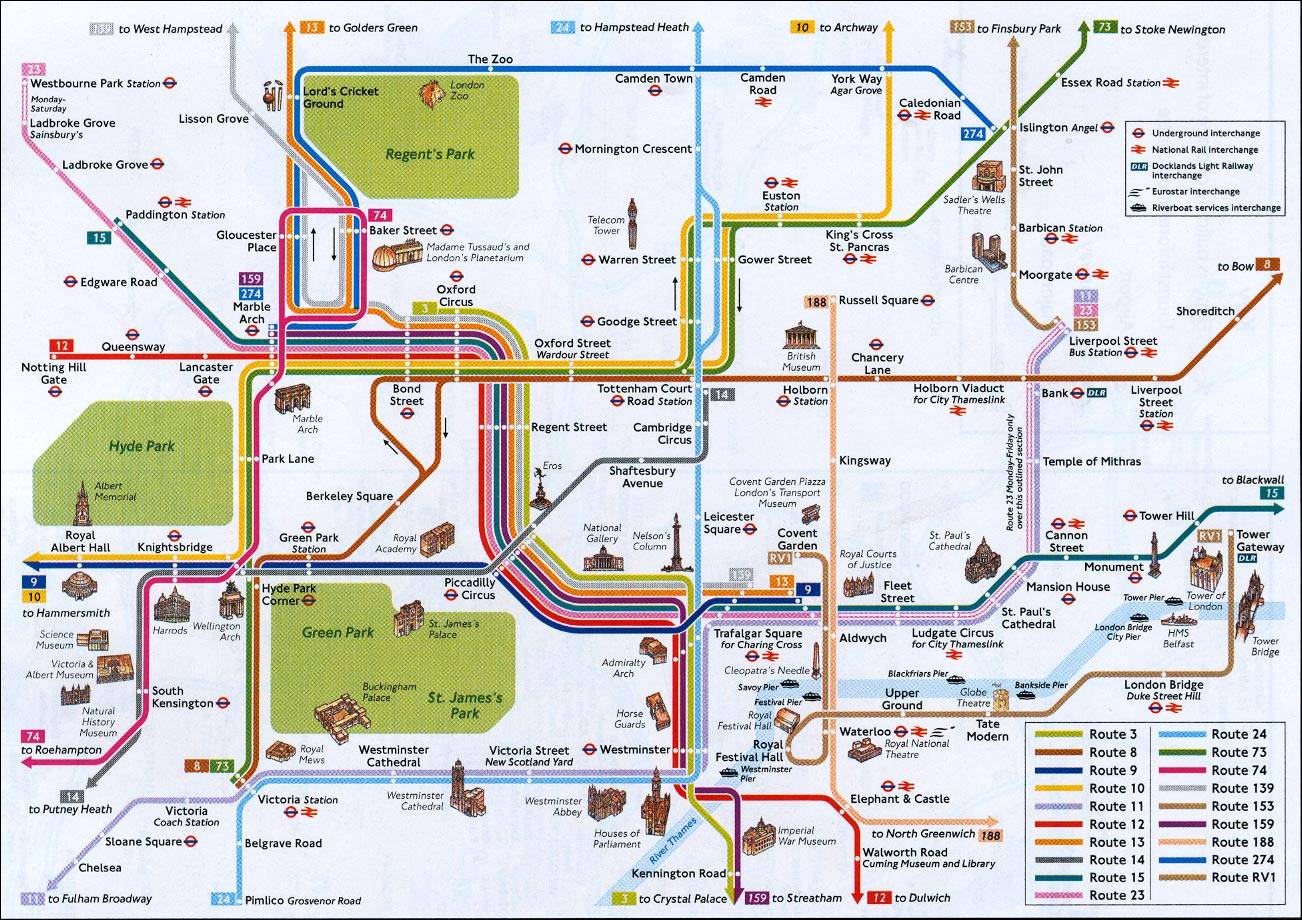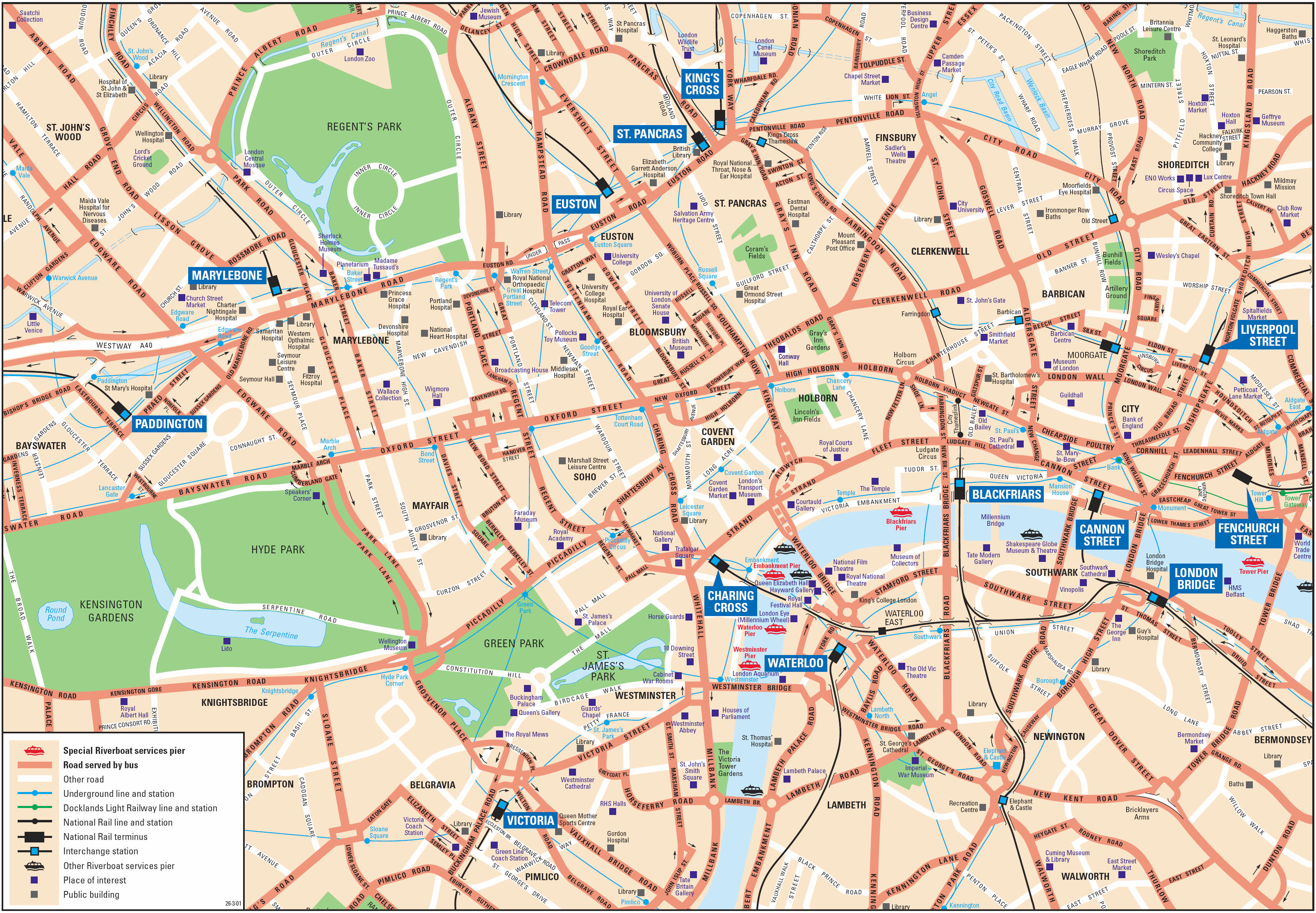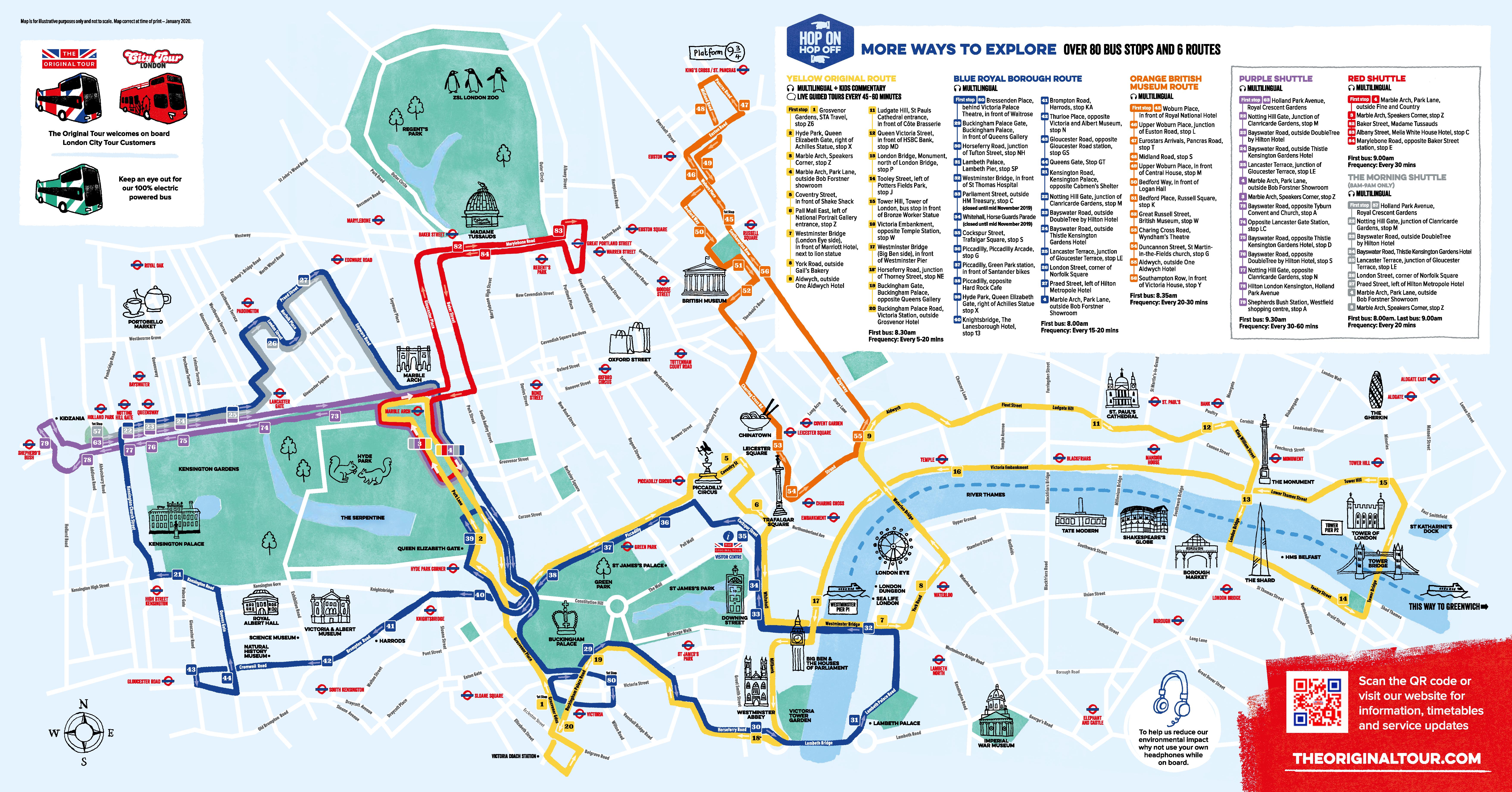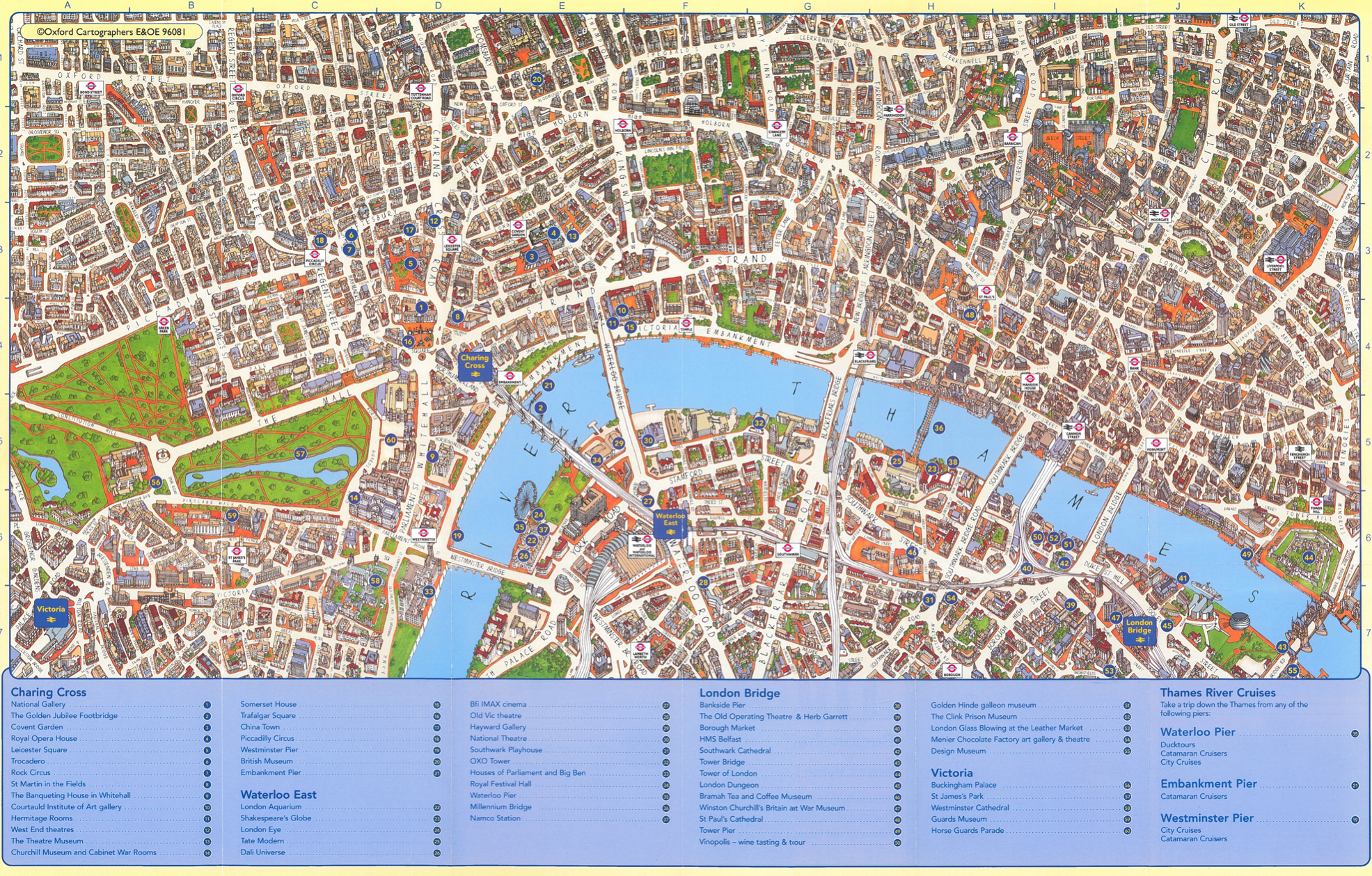The Rise Of The Map Maker City: A New Paradigm For Urban Development
The Rise of the Map Maker City: A New Paradigm for Urban Development
Related Articles: The Rise of the Map Maker City: A New Paradigm for Urban Development
Introduction
With great pleasure, we will explore the intriguing topic related to The Rise of the Map Maker City: A New Paradigm for Urban Development. Let’s weave interesting information and offer fresh perspectives to the readers.
Table of Content
The Rise of the Map Maker City: A New Paradigm for Urban Development
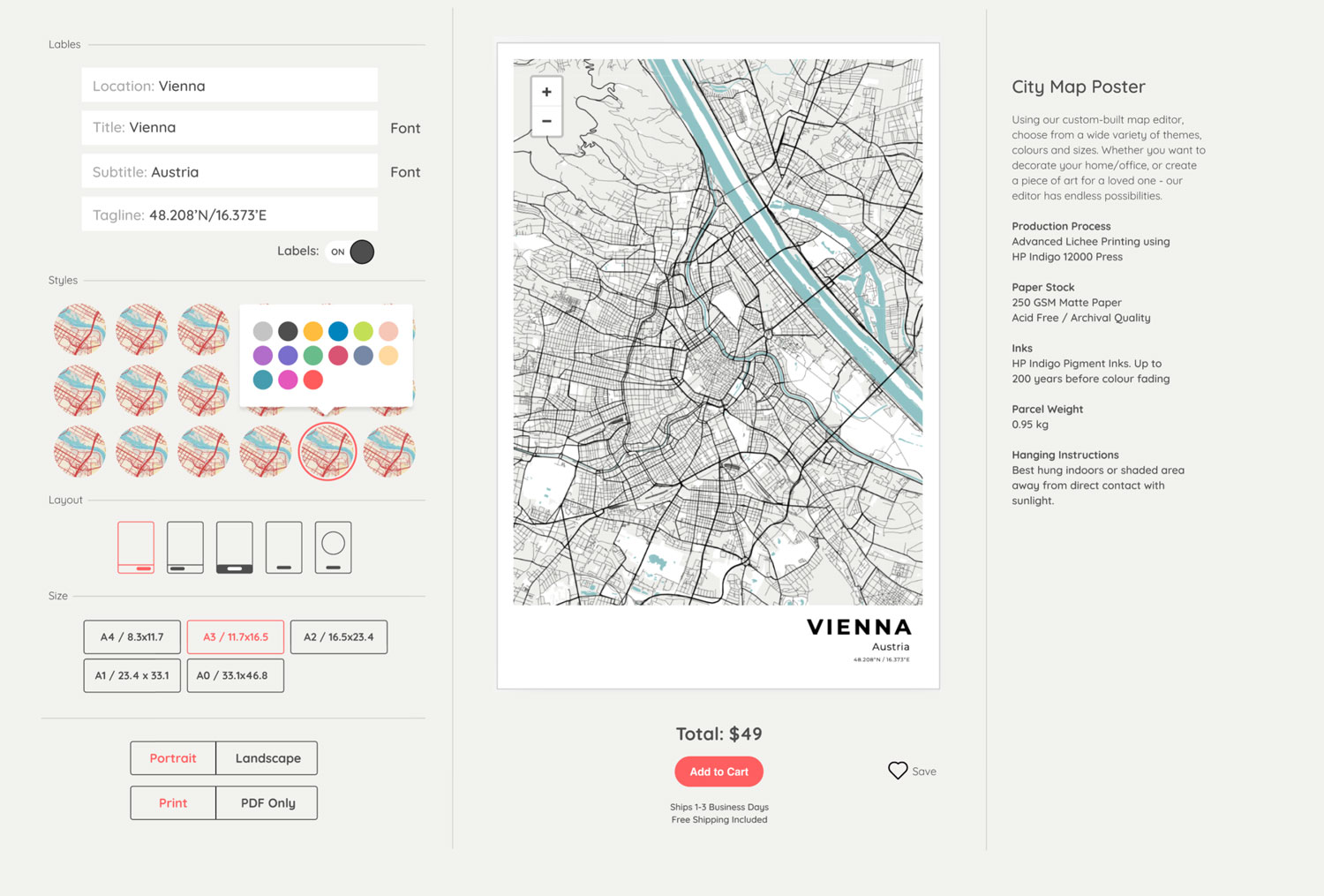
In the tapestry of human civilization, cities have served as hubs of innovation, commerce, and cultural exchange. However, the modern urban landscape is undergoing a transformation, driven by technological advancements and evolving societal needs. This evolution has given rise to a new urban archetype: the Map Maker City.
The Map Maker City is not defined by a specific architectural style or geographical location. Instead, it is characterized by its embrace of data-driven urban planning, citizen-centric design, and a commitment to fostering a sustainable and inclusive future. These cities are not simply built, but rather, they are constantly evolving, adapting, and being shaped by the data and feedback they generate.
Data as the Foundation of Urban Planning
The cornerstone of the Map Maker City lies in the harnessing of data. By collecting and analyzing information from various sources, including sensors, mobile devices, and citizen feedback platforms, these cities gain a comprehensive understanding of their urban fabric. This data provides insights into traffic patterns, energy consumption, public health trends, and citizen preferences, enabling city planners to make informed decisions that optimize urban functions and enhance quality of life.
Citizen-Centric Design: Empowering the Urban Resident
The Map Maker City recognizes that urban spaces are not merely physical structures, but rather, they are living ecosystems shaped by the interactions of their inhabitants. Therefore, citizen engagement is paramount. Through participatory platforms and open data initiatives, residents are empowered to contribute to the city’s development. This fosters a sense of ownership and responsibility, leading to more sustainable and inclusive urban solutions.
Embracing Technology for a Sustainable Future
Technology is not merely a tool in the Map Maker City; it is a catalyst for positive change. Smart grids, intelligent traffic management systems, and sustainable transportation networks are implemented to optimize resource utilization and reduce environmental impact. Furthermore, the use of data-driven insights enables the city to proactively address environmental challenges, from managing water resources to mitigating climate change.
The Benefits of the Map Maker City
The emergence of the Map Maker City paradigm offers numerous benefits:
- Enhanced Quality of Life: By optimizing urban functions and addressing citizen needs, these cities create a more livable environment for their residents.
- Sustainable Development: Through data-driven decision-making and technological innovation, Map Maker Cities strive for a balanced and sustainable future.
- Economic Growth: By fostering innovation and attracting talent, these cities become hubs for economic development and prosperity.
- Social Cohesion: Citizen engagement and participatory design initiatives promote social cohesion and create a sense of belonging among residents.
FAQs: Unraveling the Mysteries of the Map Maker City
1. What are the key technologies driving the Map Maker City?
The Map Maker City relies on a convergence of technologies, including:
- Internet of Things (IoT): Sensors and connected devices provide real-time data on urban functions.
- Big Data Analytics: Powerful algorithms analyze vast datasets to extract meaningful insights.
- Artificial Intelligence (AI): AI-powered systems optimize urban processes and predict future trends.
- Cloud Computing: Secure and scalable infrastructure for data storage and processing.
- Mobile Technologies: Citizen engagement platforms and mobile apps empower residents to interact with the city.
2. How do Map Maker Cities ensure data privacy and security?
Data privacy and security are paramount concerns in the Map Maker City. Robust data governance frameworks are implemented, ensuring ethical data collection, anonymization techniques, and stringent security measures to protect citizen information.
3. Can any city become a Map Maker City?
While the concept of the Map Maker City is applicable to all urban environments, its implementation requires a combination of factors, including:
- Political Will: Strong leadership and a commitment to data-driven decision-making are essential.
- Technological Infrastructure: A robust digital infrastructure is needed to support data collection, analysis, and dissemination.
- Citizen Engagement: A culture of open dialogue and participation is crucial for successful implementation.
Tips for Building a Map Maker City
- Prioritize Data Transparency and Citizen Access: Make data readily available to the public, fostering trust and transparency.
- Invest in Citizen Engagement Platforms: Create platforms for residents to voice their concerns and contribute to city planning.
- Foster a Culture of Innovation: Encourage experimentation and collaboration among city departments, universities, and private sector partners.
- Develop a Comprehensive Data Governance Framework: Establish clear guidelines for data collection, storage, and use, ensuring ethical and responsible practices.
- Promote Digital Literacy: Empower citizens with the skills and knowledge to navigate the digital world and engage effectively with data-driven urban initiatives.
Conclusion: A Vision for the Future of Urban Development
The Map Maker City is not a utopian dream, but rather, a pragmatic approach to urban development that leverages data, technology, and citizen engagement to create more sustainable, inclusive, and resilient cities. As we navigate the complexities of the 21st century, the Map Maker City offers a vision for the future of urban life, where data empowers us to build cities that truly serve the needs of their inhabitants. By embracing this paradigm, we can unlock the potential of our urban environments and create a brighter future for generations to come.



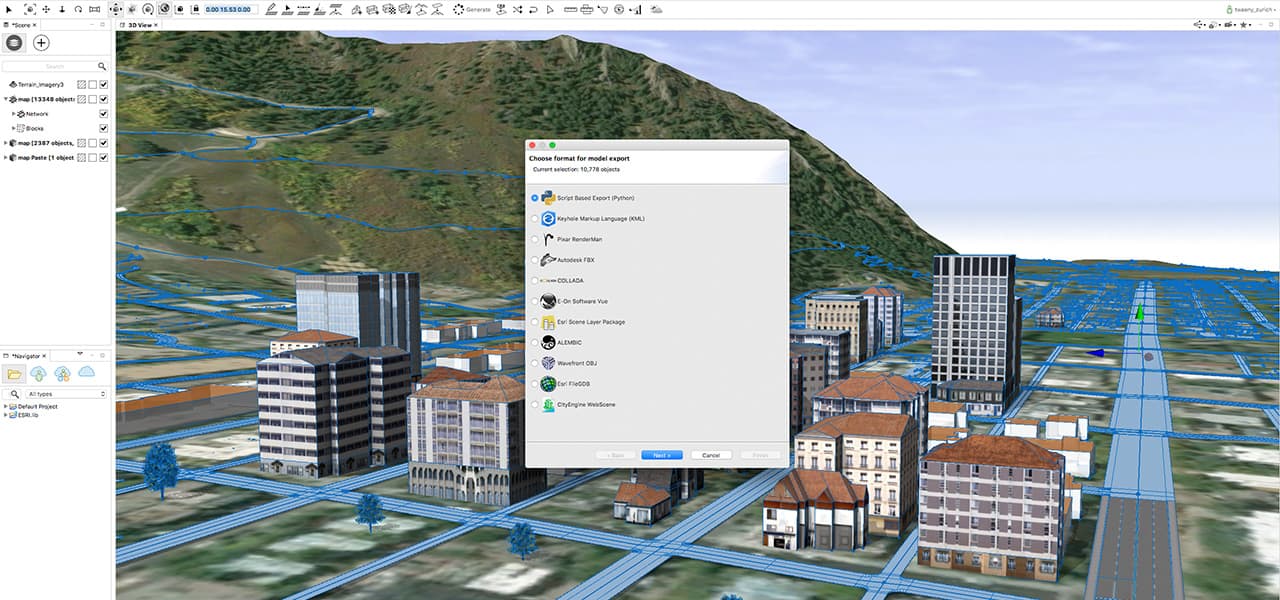


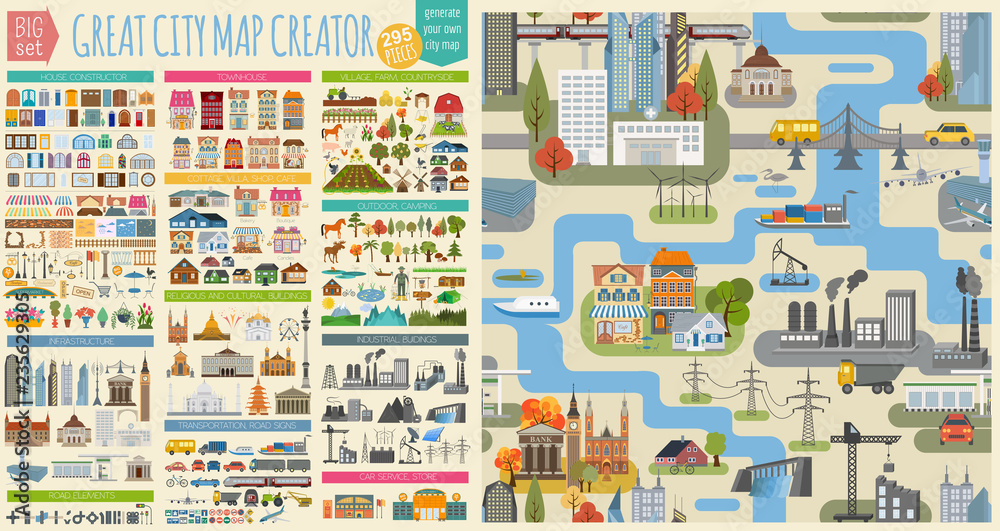

Closure
Thus, we hope this article has provided valuable insights into The Rise of the Map Maker City: A New Paradigm for Urban Development. We appreciate your attention to our article. See you in our next article!
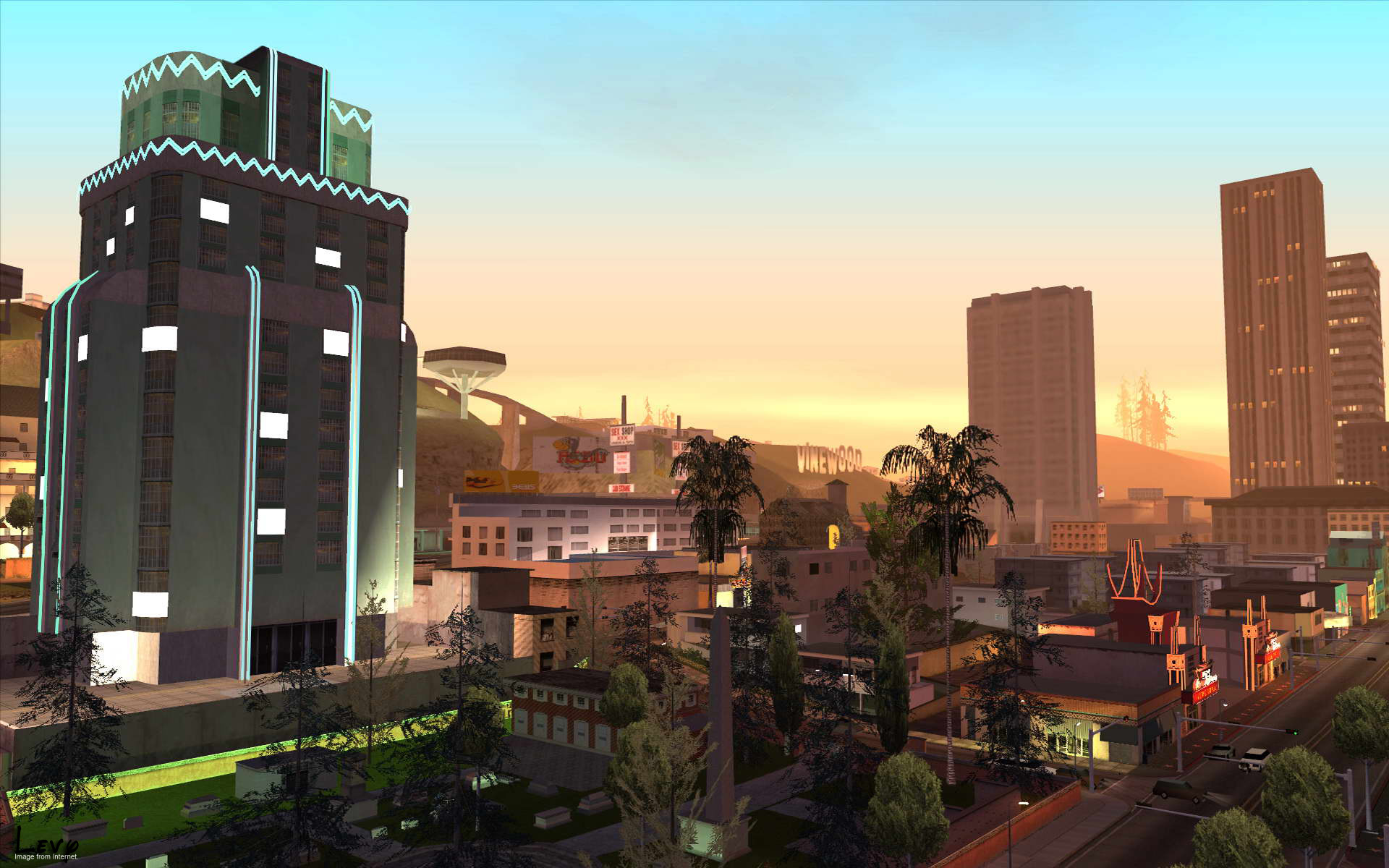
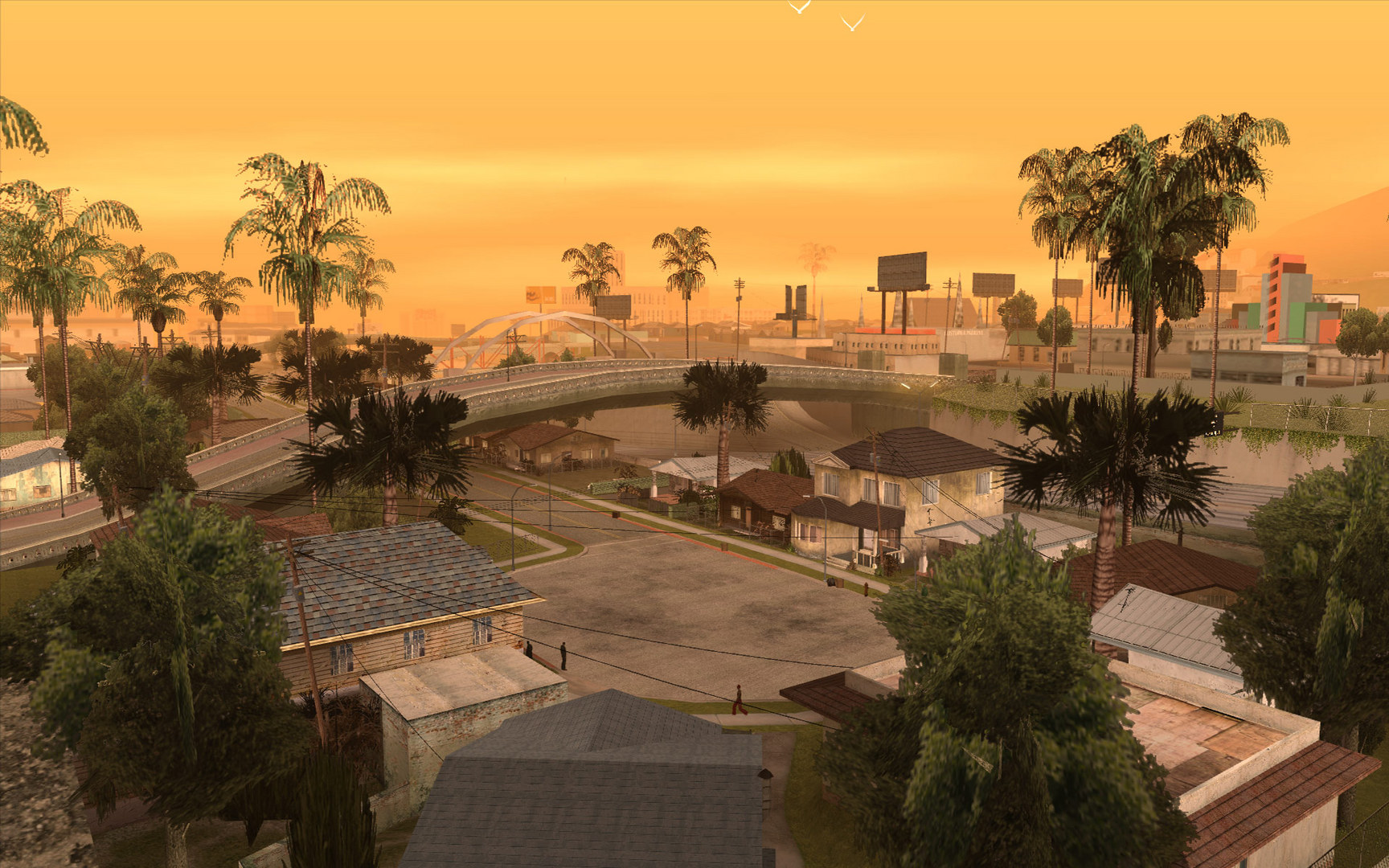


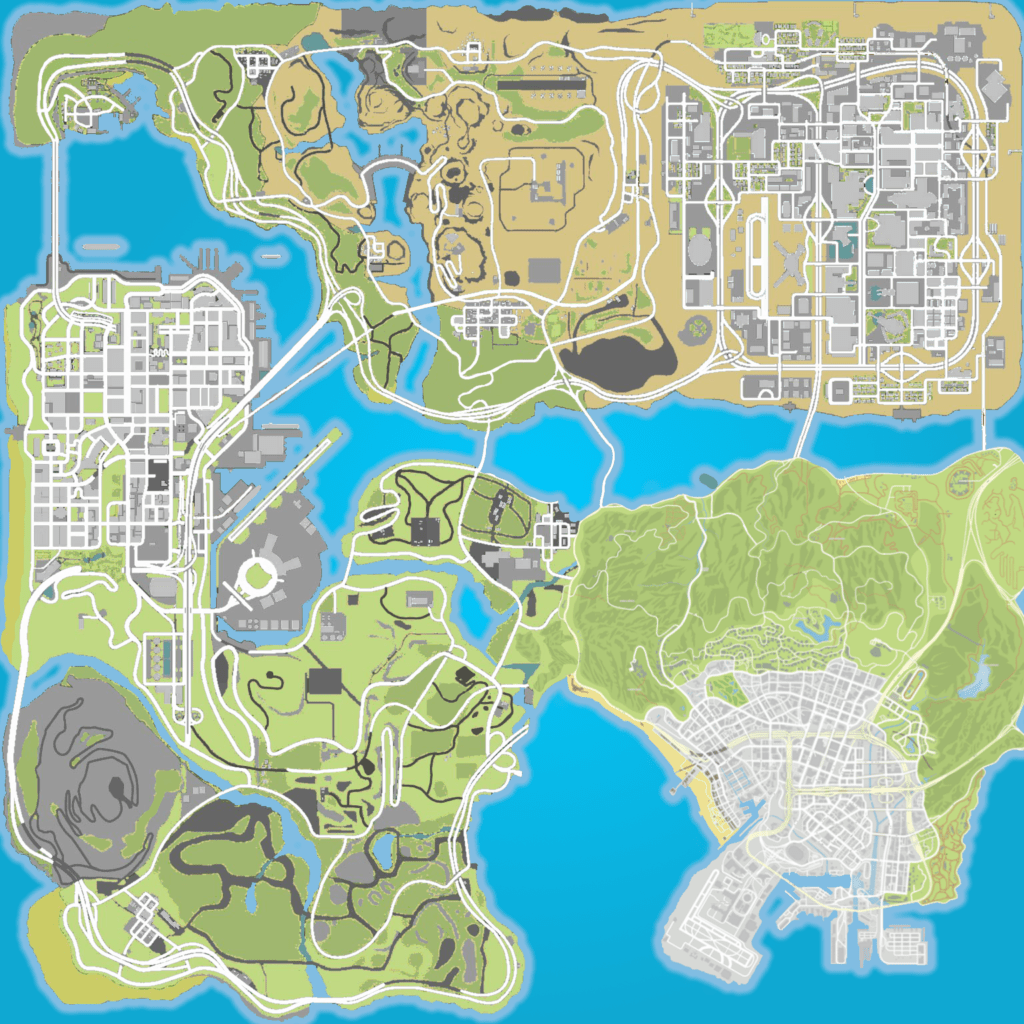


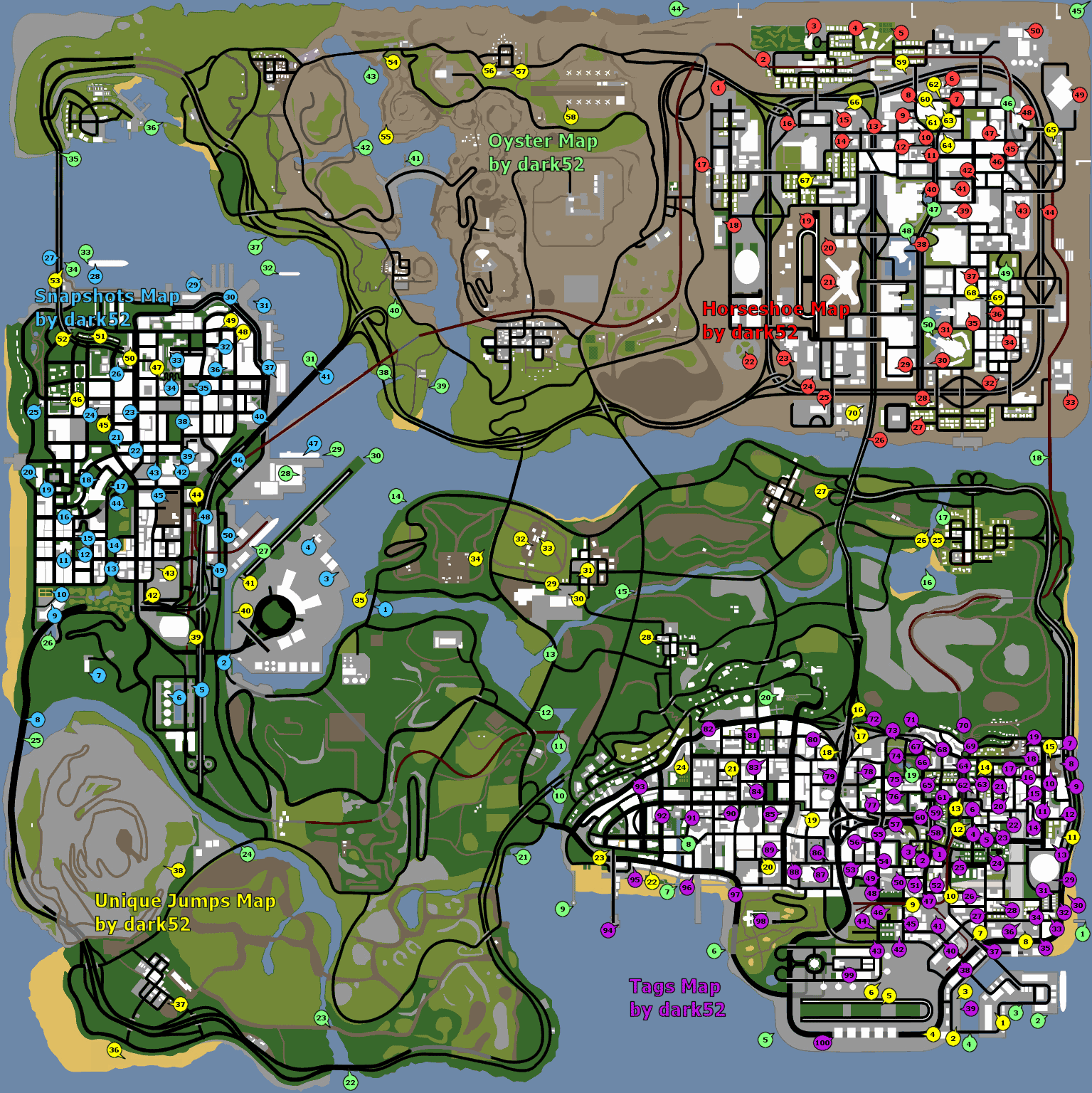

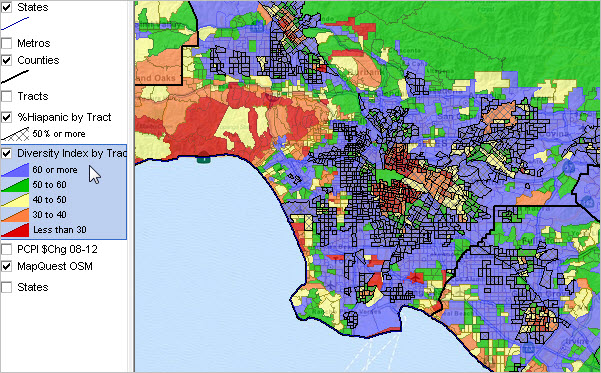



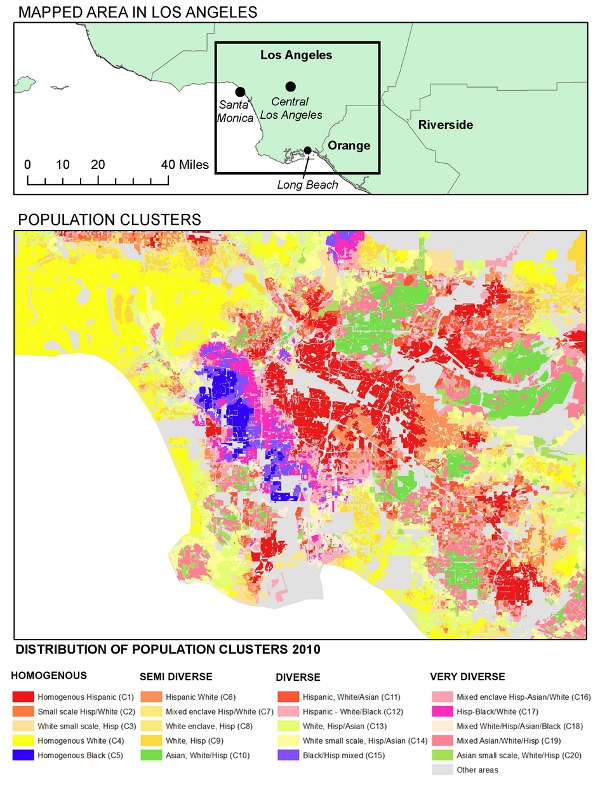





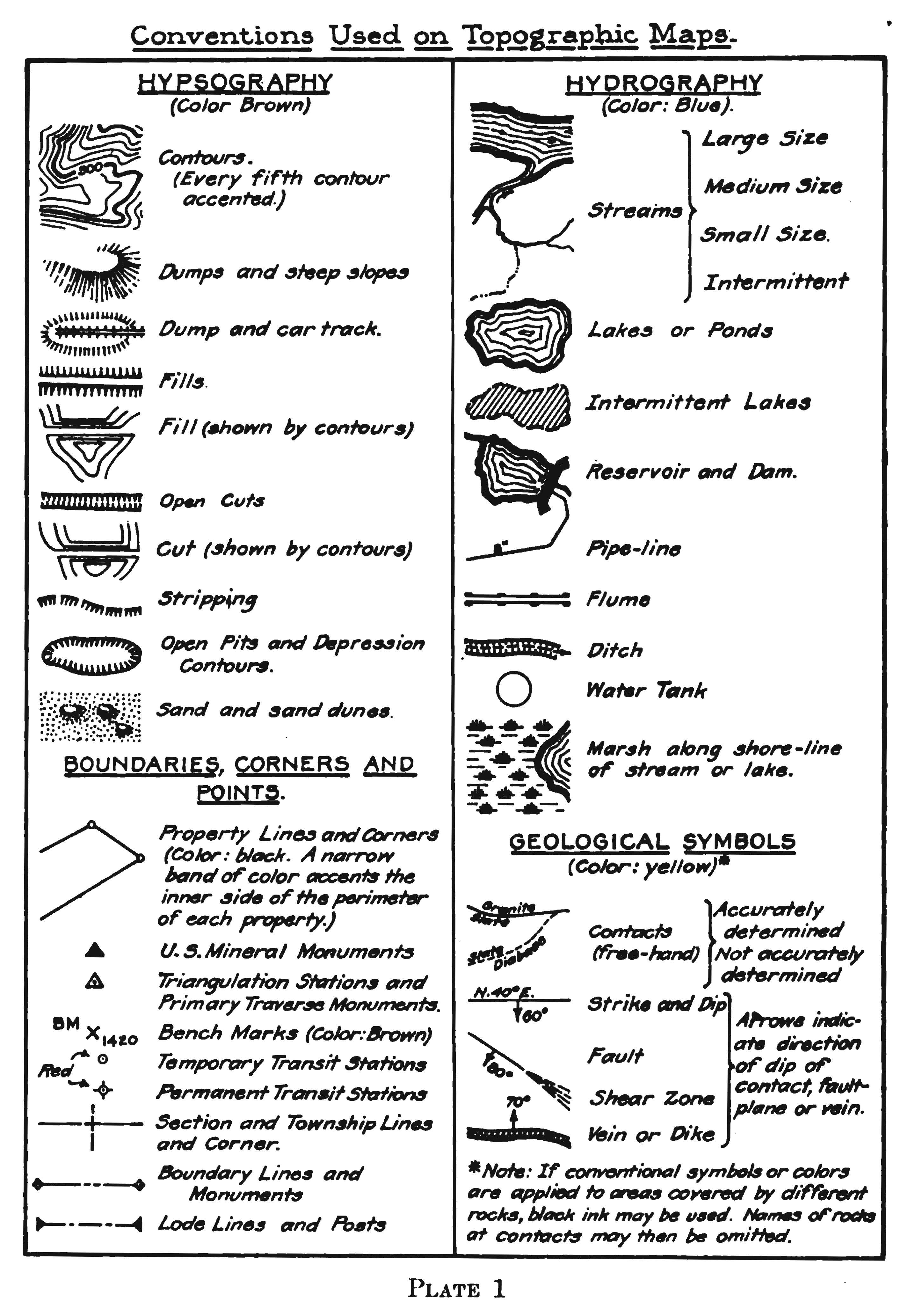
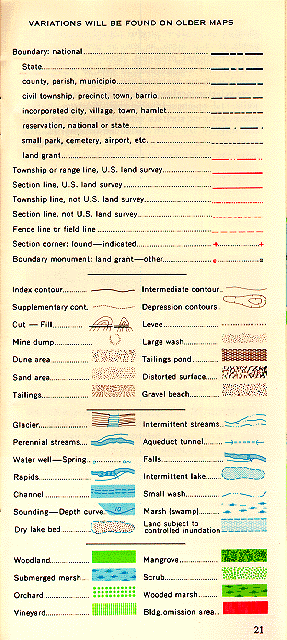

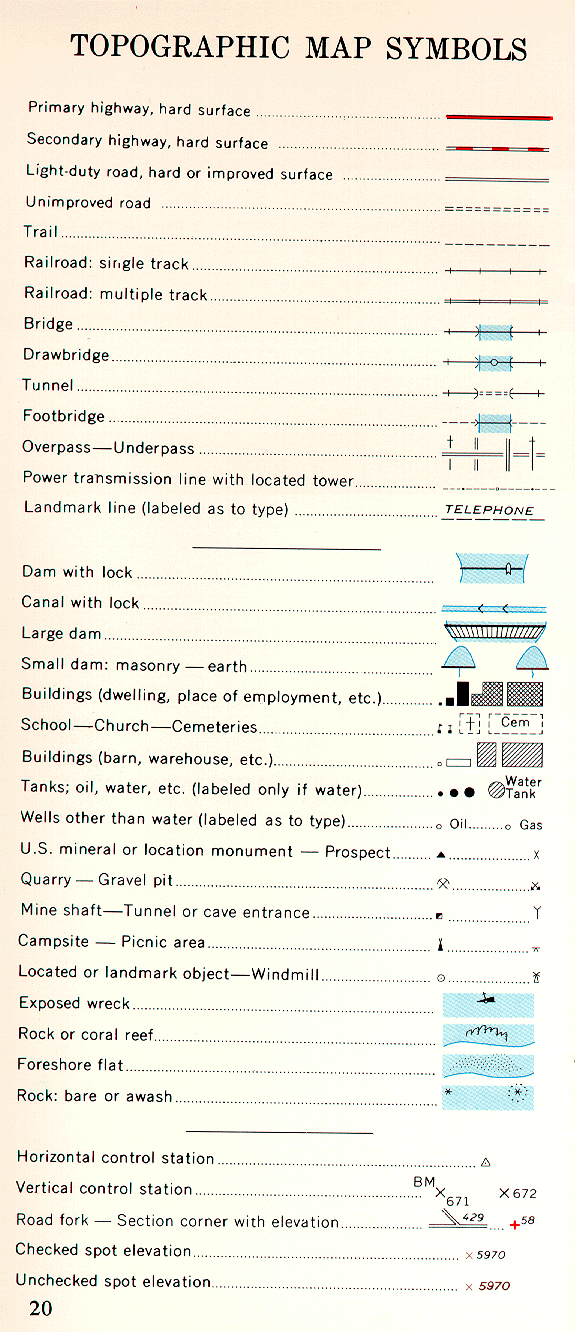
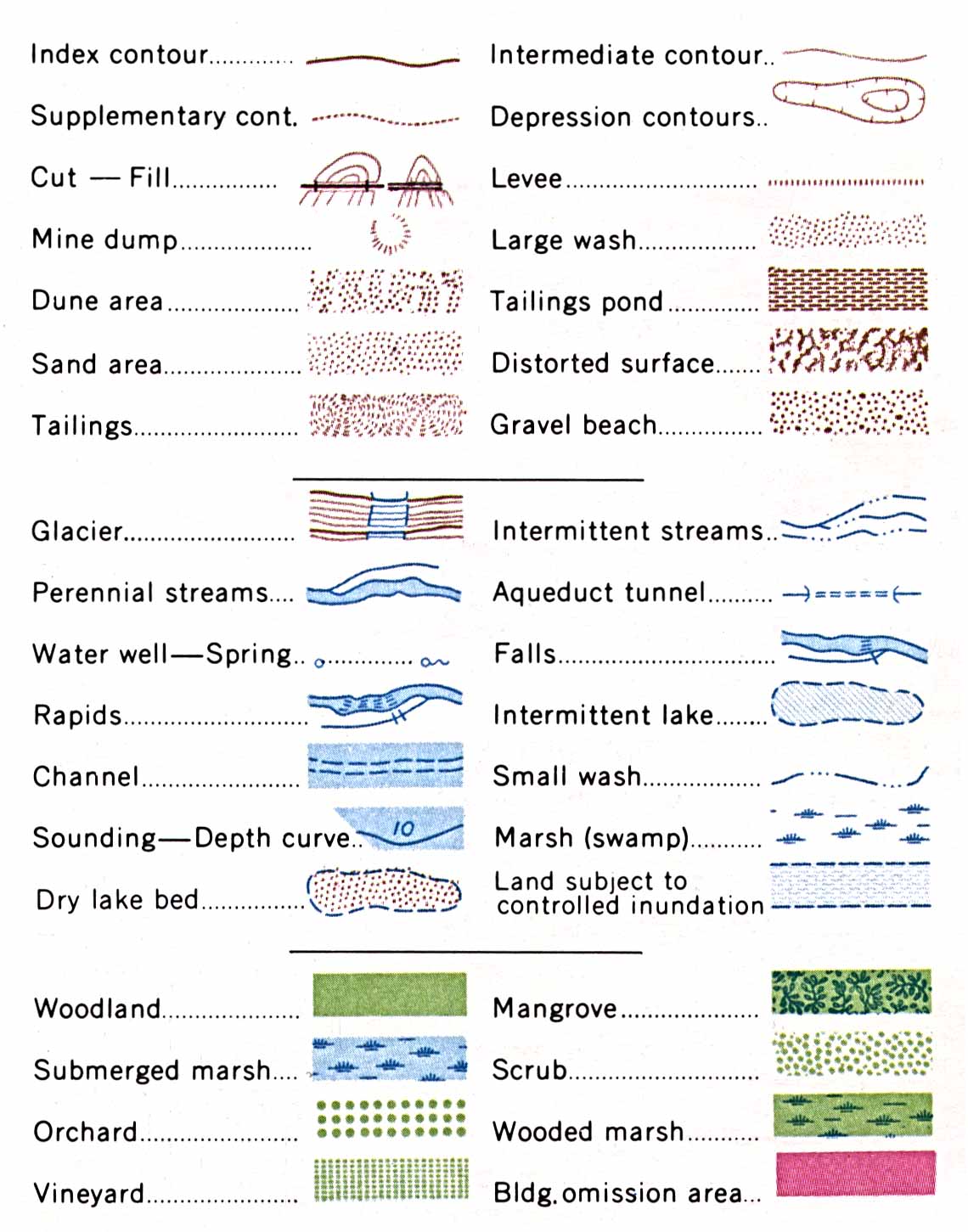



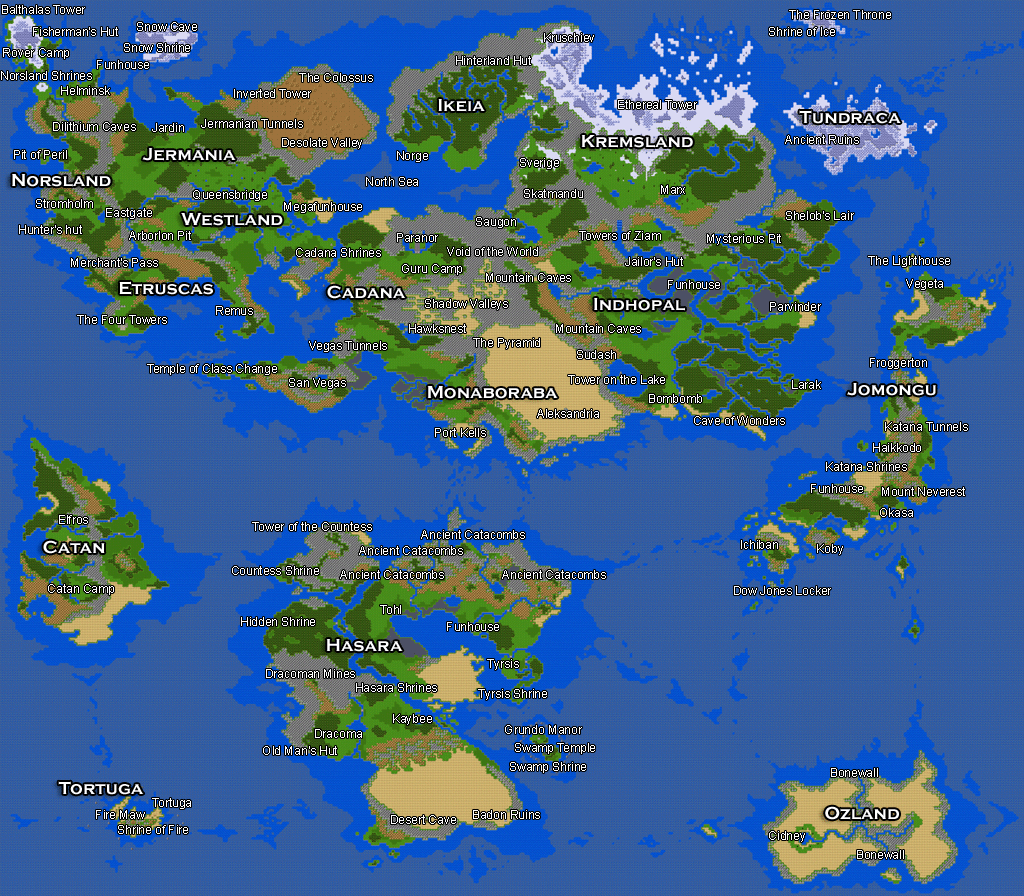
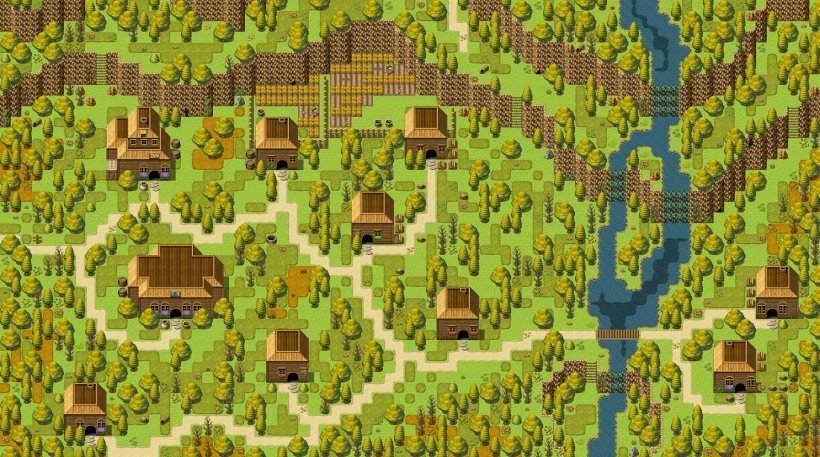



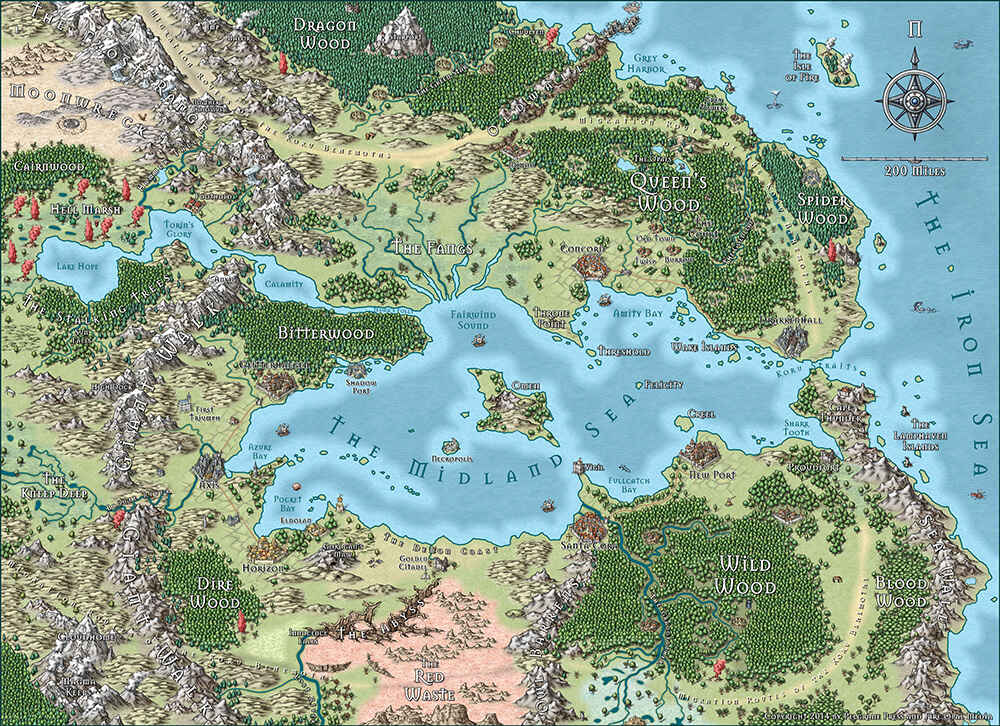



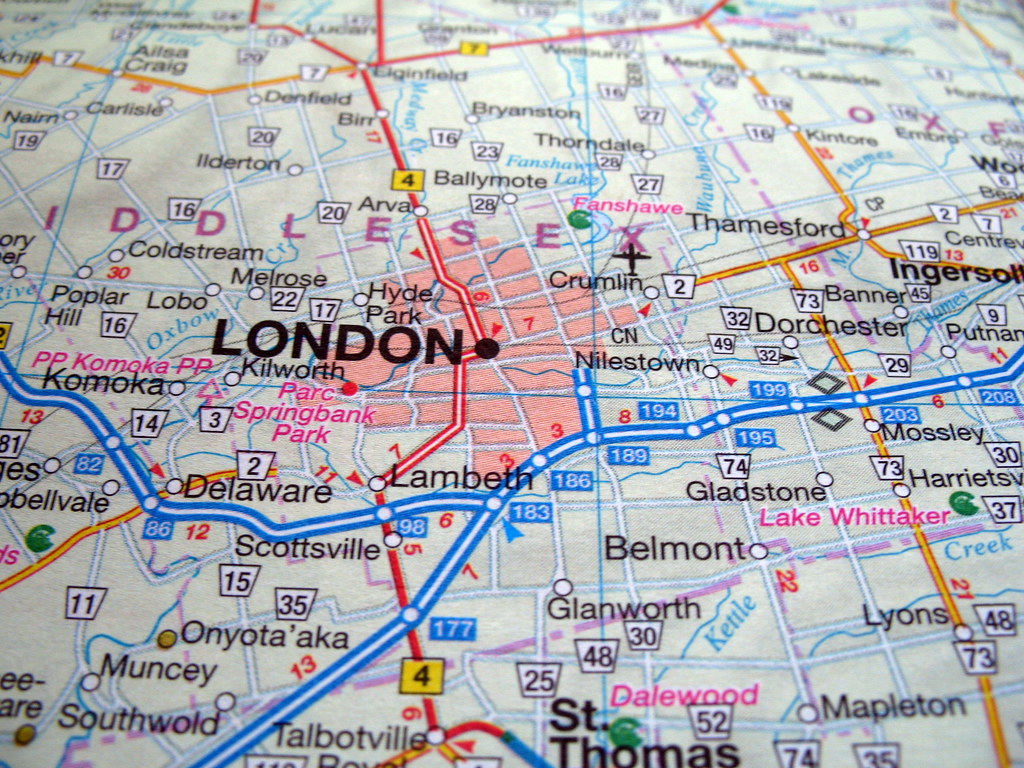

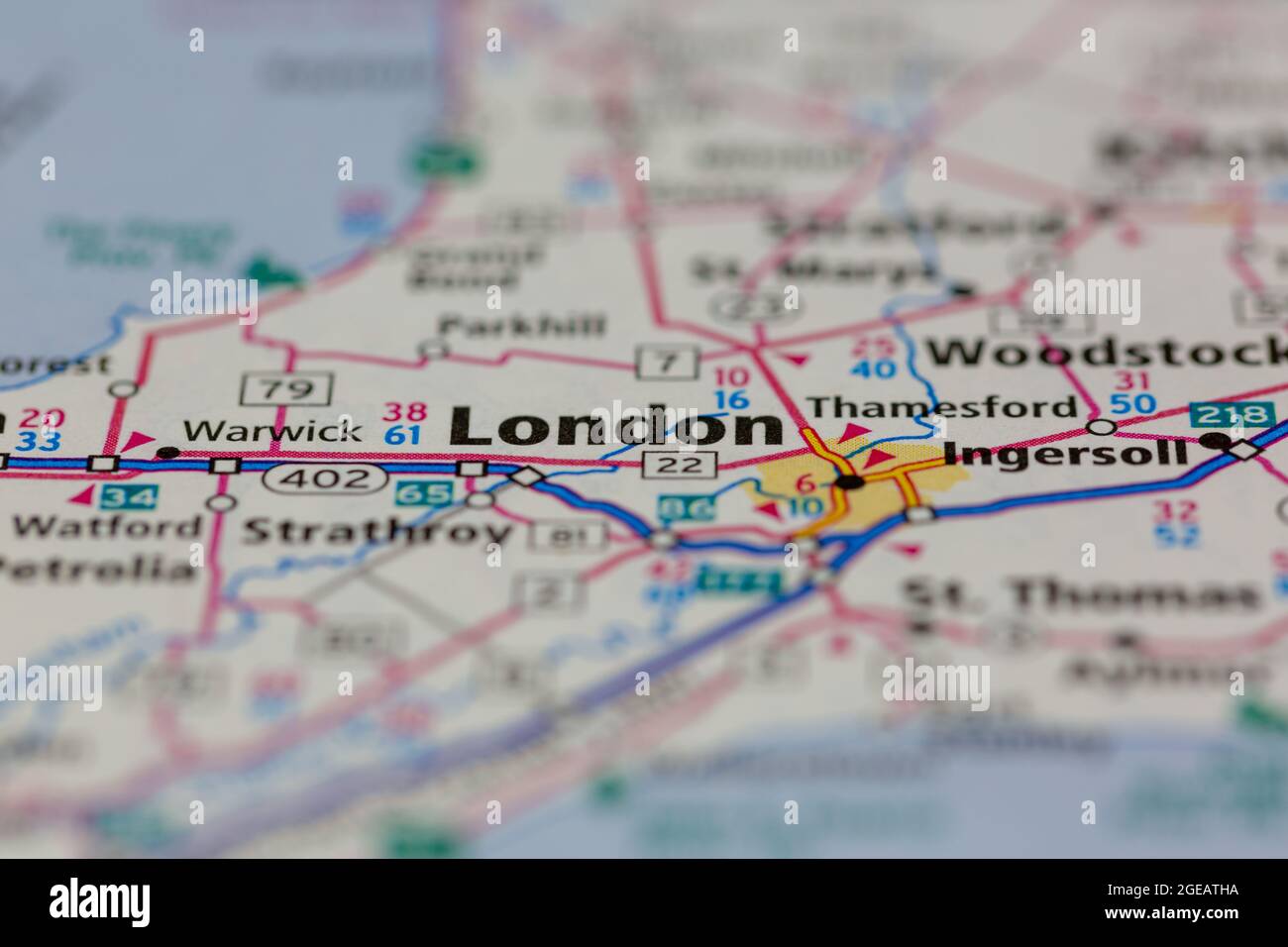
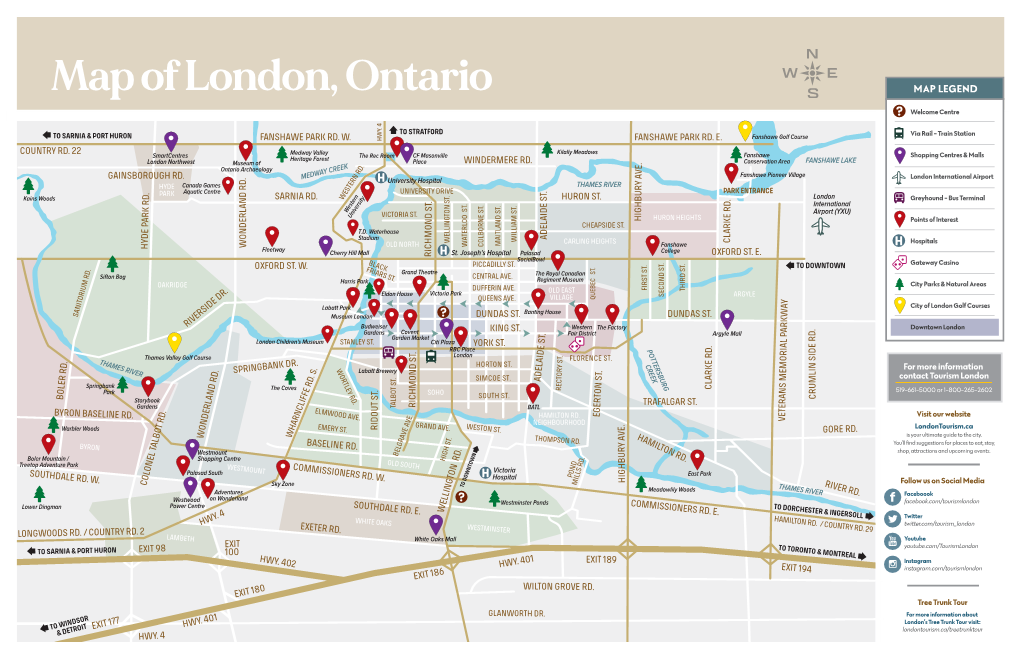


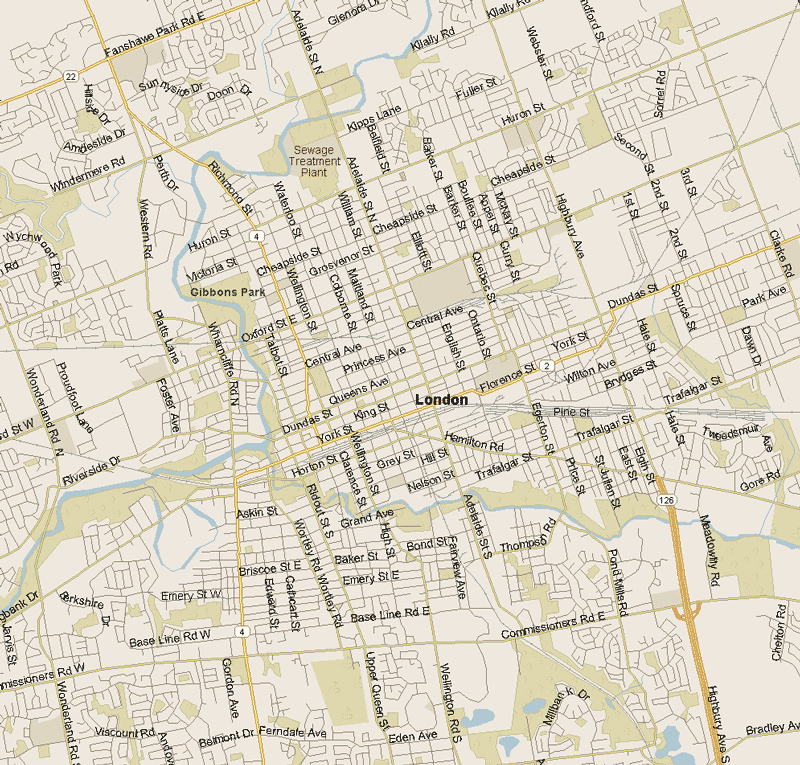
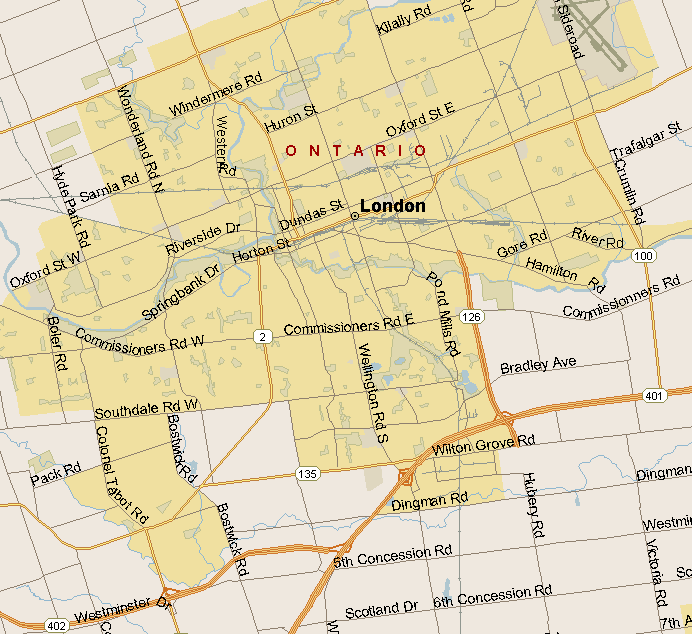

![[SERVER] Xaixas/Alien World Map re-upload Fantasy world map, Fantasy map, Map](https://i.pinimg.com/originals/30/48/85/3048856b496275014eb368370e2f6d47.jpg)


















